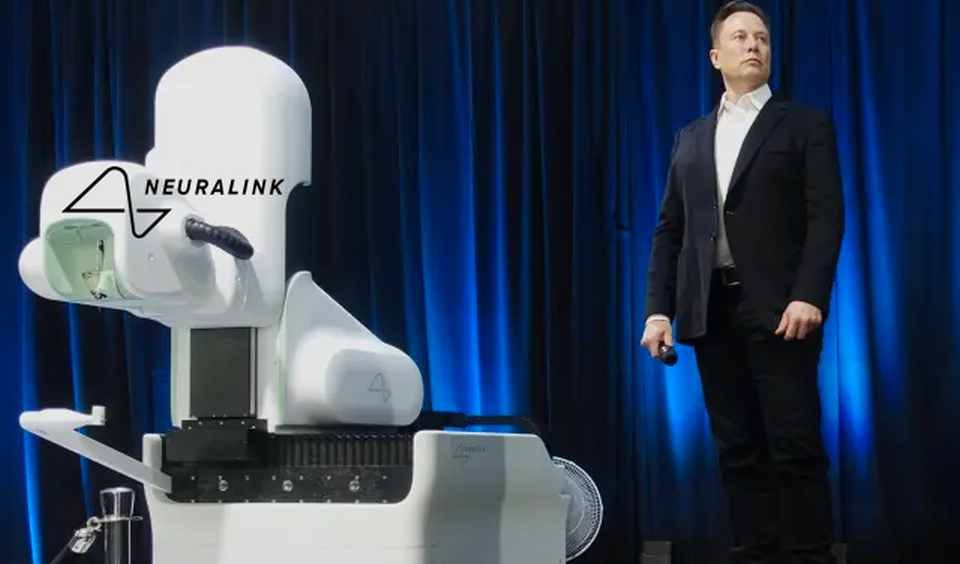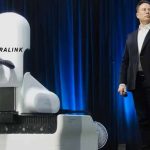First Human Receives Brain Implant From Neuralink, Elon Musk Says

Elon Musk’s brain-chip startup Neuralink just achieved a groundbreaking milestone by becoming the first company to successfully implant its device into a human brain. Musk shared the news on X, formerly known as Twitter, saying that the first human patient is already on the road to recovery, with early indications showing promising results.
In his update on the company’s progress, Musk said that the first human recipient of a Neuralink implant underwent the procedure recently and is recovering satisfactorily. He expressed optimism about the initial findings, indicating promising results in detecting neural activity.
“The first human received an implant from @Neuralink yesterday and is recovering well. Initial results show promising neuron spike detection,” Musk wrote.
The first human received an implant from @Neuralink yesterday and is recovering well.
Initial results show promising neuron spike detection.
— Elon Musk (@elonmusk) January 29, 2024
Founded in 2016 by Elon Musk, the San Francisco-based Neuralink is working towards improving the brain-machine implant process until the procedure becomes as seamless as Lasik. Since its inception seven years ago, Neuralink has been developing implantable brain-machine interfaces (BMIs) which come in the form of small, flexible threads that they plan to insert into the brain.
The startup is developing implantable wireless chips that can read brain waves and potentially help treat people with neurological disorders. The idea is to make it possible for the brain to communicate with external devices.
Neuralink’s goal is to establish direct communication pathways between the brain and computers – it can read signals from the brain and also send signals back into it. The company’s vision includes enhancing human abilities, addressing neurological conditions such as ALS or Parkinson’s, and potentially achieving a harmonious coexistence between humans and artificial intelligence.
Last year, Neuralink disclosed receiving approval from US regulators to commence human trials for its brain implants. The core of its technology revolves around the “Link,” an implant roughly the size of five stacked coins, which is surgically inserted into the brain to facilitate communication with external devices.
We covered Neuralink late last year after the neurotechnology startup quietly raised $43 million in additional funding, according to a filing with the Securities and Exchange Commission (SEC). The news of the funding came just six months after The US Food and Drug Administration (FDA) gave the company the green light to commence human testing of its brain implant. Two months earlier, the FDA had rejected the company’s application due to safety concerns.




